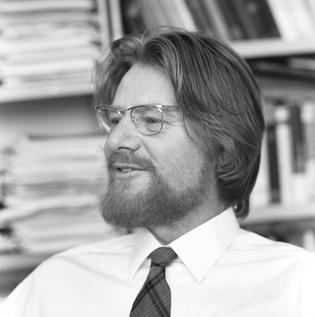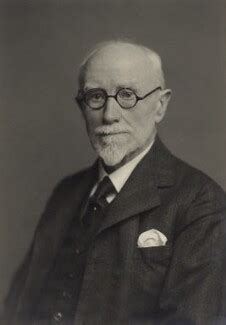A Quote by Etienne Gilson
If our previous analyses are correct, they all point to the same conclusion, that metaphysical adventures are doomed to fail when their authors substitute the fundamental concepts of any particular science for those of metaphysics.
Related Quotes
Metaphysics is the study of the most general nature and basic structure of reality, and therefore the concepts of metaphysics, concepts like time, space, identity, resemblance, substance, property, fact, event, composition, possibility, etc., are the most fundamental concepts. Thus metaphysics is the most fundamental theoretical discipline.
The role of metaphysics in relation to other disciplines, whether philosophical or not and including the natural sciences, is thus a foundational role. Lack of clarity in the concepts of metaphysics implies lack of clarity in other disciplines - both theoretical and practical disciplines - employing those concepts or employing concepts that depend on those of metaphysics.
All varieties of interference with the market phenomena not only fail to achieve the ends aimed at by their authors and supporters, but bring about a state of affairs which - from the point of view of their authors and advocates valuations - is less desirable than the previous state of affairs which they were designed to alter.
The concept of 'measurement' becomes so fuzzy on reflection that it is quite surprising to have it appearing in physical theory at the most fundamental level ... does not any analysis of measurement require concepts more fundamental than measurement? And should not the fundamental theory be about these more fundamental concepts?
In the realm of science, all attempts to find any evidence of supernatural beings, of metaphysical concepts, as God, immortality, infinity, etc have thus far failed, and if we are honest, we must confess that in science there exists no God, no immortality, no soul or mind, as distinct from the body.
What is the fundamental hypothesis of science, the fundamental philosophy? We stated it in the first chapter: the sole test of the validity of any idea is experiment. ... If we are told that the same experiment will always produce the same result, that is all very well, but if when we try it, it does not, then it does not. We just have to take what we see, and then formulate all the rest of our ideas in terms of our actual experience.
Science is wonderful at destroying metaphysical answers, but incapable of providing substitute ones. Science takes away foundations without providing a replacement. Whether we want to be there or not, science has put us in the position of having to live without foundations. It was shocking when Nietzsche said this, but today it is commonplace; our historical position-and no end to it is in sight-is that of having to philosophise without 'foundations'.
There is a reward structure in science that is very interesting: Our highest honors go to those who disprove the findings of the most revered among us. So Einstein is revered not just because he made so many fundamental contributions to science, but because he found an imperfection in the fundamental contribution of Isaac Newton.








































